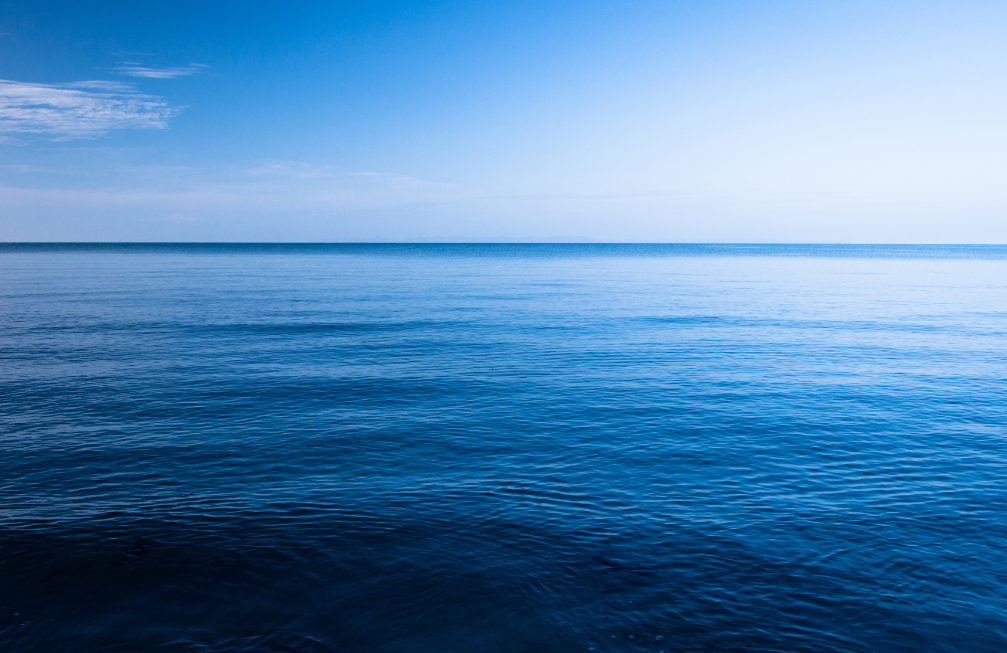
The 'Ocean Stewardship in the Pacific' webinar on 7 November explored the significance of intertwining Indigenous knowledge & values with the community's needs to achieve positive outcomes for the marine environment.
Presentations shared insight into traditional views of our relationship to the ocean and considerations of our role in protecting it – an oceanic vision. We heard korero about the power of the ocean and traditional knowledge and gained insight into the process of establishing a large MPA in the Cook Islands.
Check out the recording of our live webinar below.
More information & related resources
Traditional Knowledge in the Pacific
Realise the important role of Indigenous and local knowledge in ocean science, gain insight into navigation from a Māori knowledge perspective. In the first presentations Dr. Dan Hikuroa introduced the concept of an oceanic vision and how we might look at the ocean's right to be healthy and flourishing. Second and James Tremlett revealed insight into traditional navigation and ocean governance & policies.
- Think Like a Fish: New Ocean Histories - what if we considered the vantage point of other life forms?
- Tāwera, Te Aramahiti, The morning star guides eastward: Reviving Traditional Navigation Knowledge in the Pacific
Tino rangatiratanga and Taiāpure
Taiāpure are customary protection areas that ensures access to customary and recreational fishing but allows for more regulation of fishing practices and management of marine species by the local community. In the third presentation Dr. Anne Marie Jackson dives into how she came to be a part of investigating how Taiāpure allow for Tino rangatiratanga. She explains how Kaitiakitanga can be seen an expression of ocean stewardship and conveys the importance of looking after mauri - the lifeforce.
- East Otago Taiāpure, committee, guiding principles and objectives
- Coastal People: Southern Skies (CPSS) Research
Marae Moana (Sacred Ocean), Cook Islands MPA
A multiple-use marine park which extends over the entire Exclusive Economic Zone of the Cook Islands, an area of 1.9 million sq. km. The Marae Moana Act is the largest commitment by a single country for integrated management and conservation. Jacqui Evans revealed the steps in the process they followed to develop the policy framework for Marae Moana.
- Included reef health assessments and consultations with communities
- Primary purpose is to protect biodiversity, ecology and heritage values
Guest Speakers
Dr. Daniel Hikuroa, Associate Professor at University of Auckland, Waipapa Taumata Rau
Dr. Hikuroa (Ngāti Maniapoto, Ngāti Mahuta, Ngaati Whanaunga) is an established world expert on weaving indigenous knowledge & science to realise the dreams and aspirations of the communities he works with. He employs Earth Systems/Environmental Humanities approaches in his research and in advisory work he does for national/regional government, communities & philanthropic trusts. Dan has been spearheading alternative ways of assessing sustainability; weaving indigenous knowledge and epistemologies into legislation, assessment frameworks and decision-support tools. Dan has various roles; UNESCO NZ Commissioner for Culture, member of Pou Herenga (Advisory to the Climate Change Commission) and recently was Tumuaki Tuarua of Ngā Kaihautū Tikanga Taiao (Statutory Māori Advisory to the Environmental Protection Authority), Co-Deputy Director Te Pūnaha Matatini, American Geophysical Union Council member and has played key roles in NZ’s National Centres of Research Excellence & National Science Challenges. He is a founding member of Te Ao Marama and Te Putahi o te Pūtaiao, Faculty of Science research centres.
James Tremlett, Marine conservationist
James Tremlett works at the interface of environmental policy, law, and social science, and is most interested in how these fields could interact to re-engage our communities with our relations in the ocean. James is currently working with SPREP and the Pacific Islands Roundtable for Nature Conservation (PIRT), leading the development of the new Pacific Framework for Nature Conservation, our regional biodiversity strategy. He is also co-convenor of the Ocean Rights and Kinship Alliance (ORKA). James is a surfer and a proud crew member of the waka hourua Ngahiraka Mai Tawhiti.
Dr. Anne-Marie Jackson, Kaupapa Māori researcher
Professor Jackson (Ngāti Whātua, Ngāti Kahu o Whangaroa, Ngāpuhi, Ngātiwai) is Co-Director of the National Centre of Research Excellence Coastal People: Southern Skies (CPSS) and is Kaihautū Managing Director of Rehutai Consulting. The vision of CPSS is mauri ora of coastal communities. Anne-Marie brings expertise in kaupapa Māori research working alongside coastal communities to advance goals of kaitiakitanga.
Jacqueline Evans, Marine conservationist
Working with the community and stakeholders of the Cook Islands, Evans helped to create an integrated system of ocean management to protect their marine environment and biodiversity. She led a five-year grassroots campaign to establish Marae Moana (“Sacred Ocean”) a multiple use ocean protected area, established in 2017. She brought international experts and scientists together with traditional leaders, the local private sector, communities, government agencies and nonprofit organisations to make the vision of this large MPA a reality. Evans persisted to build collaboration for the development of a Marae Moana Policy and Marae Moana Act to protect and conserve the Cook Islands marine biodiversity and cultural heritage. The Act includes a framework for marine spatial planning and ecologically sustainable ocean resources management. In 2019 she won the Goldman Environmental Prize for her role and in 2020 she established the Moana Foundation to advance research, environmental activism and support social progress in the Cook Islands.